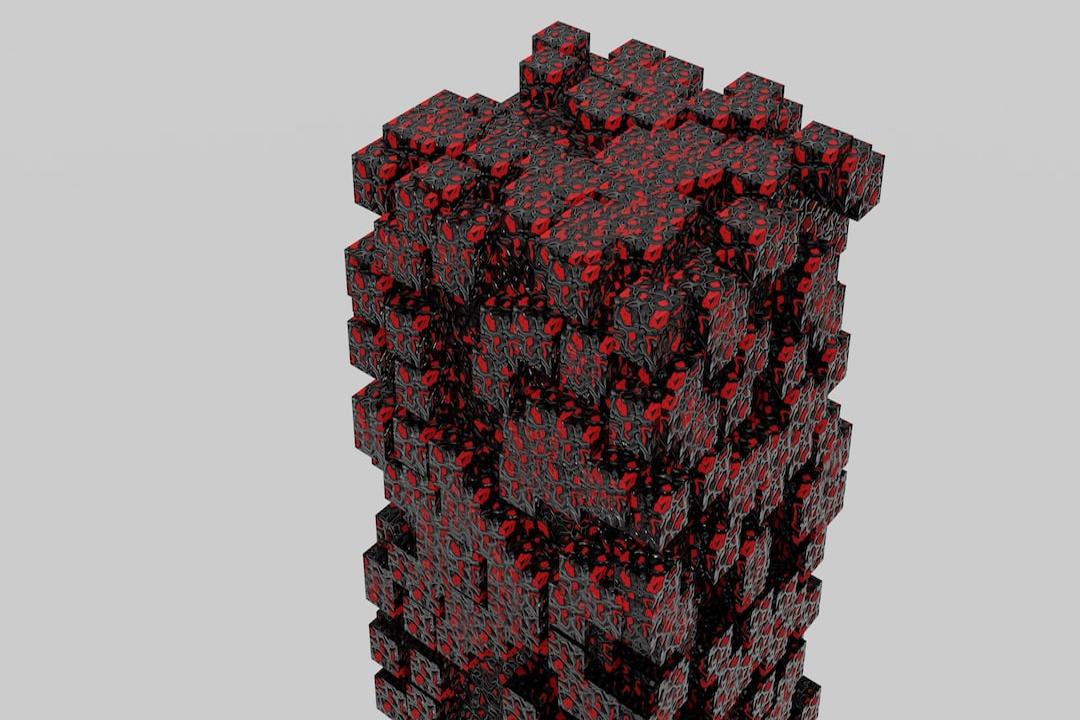The DApp ecosystem for Bitcoin has seen a resurgence with the introduction of native protocols like Ordinals and Inscriptions. One project, SolvBTC, a yield-generating protocol, has attracted a total value locked (TVL) of $700 million from its yield-bearing Bitcoin minted on Arbitrum, Merlin, and BNB Smart Chain. SolvBTC claims to have surpassed 10,000 BTC staked and attracted over 92,000 participants since its launch. SolvBTC founder Ryan Chow believes that the liquidity revolution of Bitcoin is crucial for the growth of BTCFi and plans to expand the protocol to additional networks in the future.
SolvBTC uses BTC as collateral and sources staking and DeFi yields from blockchains like Ethereum, Arbitrum, Merlin, and BNB Smart Chain. The protocol estimates that it can generate annual returns of 5%-10% on users’ BTC deposits.
In other news, Bitcoin layer-2 solution BEVM received an undisclosed investment from Bitmain, a Chinese Bitcoin mining rig manufacturer. BEVM plans to explore Bitcoin hash rate and the application of the PoW ecosystem on its platform, which could facilitate the migration of PoW hash rate assets and a significant amount of BTC to BEVM. Since its mainnet launch, BEVM has gained over 700,000 user addresses and hosts more than 30 ecosystem projects. The platform is currently valued at $200 million.
Similarly, Bitcoin DEX Orders Exchange and sidechain MicroVisionChain shared their 2024 roadmap, which includes integrating with the Web3 wallets of two major exchanges and building a Bitcoin nonfungible tokens marketplace. Orders Exchange has previously integrated with the Bitcoin Runes protocol and constructed a Bitcoin asset bridge with MicroVisionChain.
Despite a market sell-off, the Bitcoin Ordinals market has reached $2.3 billion in value, partly due to ecosystem development, memecoin frenzy, and listings on major exchanges like Binance. BRC-20 tokens, which reached a market capitalization milestone of $1 billion in May 2023, have played a significant role in this growth.
Related: Hong Kong Bitcoin and Ether ETFs faced a challenging debut on their first day of trading.

